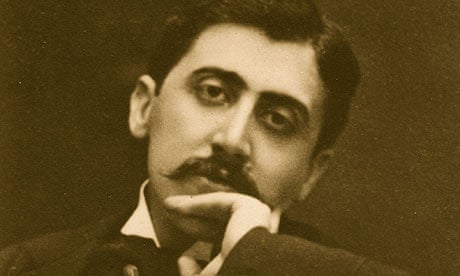In one of the interviews to promote her new book, Untold Story, about the alternative life of Princess Diana, Monica Ali revealed that she preferred to write in bed. This puts her in some interesting company: Edith Wharton, Winston Churchill, Colette, and Mark Twain all wrote in bed.
To say you write in bed is partly to say that you are treating the activity with a certain airy nonchalance. I know, for instance, that among contemporary British writers A.N. Wilson, who cultivates a delightful detachment, likes writing in bed. There must be others, especially in the age of the laptop.
It was not always so easy. The dying George Orwell used to prop his typewriter up in bed, and hammer away at the final draft of 1984. I once spoke to the doctor who treated him in Glasgow. All he could remember was the sound of typing and the fog of cigarette smoke in Orwell's bedroom.
Writing in bed is not just about convenience or comfort. I think there's a psychological advantage, too. If you write in bed in the early morning (as I do occasionally) you occupy an intriguing part of consciousness, somewhere between dreaming and wakefulness. Part of you is still in the shadowy cave of dream world; part of you is adjusting to the sharp brightness of reality. The mixture is fruitful and often suggestive.
Marcel Proust, famously, always wrote in bed, and perhaps the sinuous, haunting paragraphs of A La Recherche Du Temps Perdu bear the mark of that silent twilight zone. Not only did he write in bed; his room was lined with cork, to promote tranquillity.
For some writers, those who like working in restaurants, for example, or on buses, this would be a kind of torture. Personally, I find both reading and writing in bed both stimulating and restful, a good combination.
Another blogger, Liz Squires, wrote to me: "Reading is an intimate activity, a dialogue between the author and the reader. It is a real relationship. So it is an activity well suited to the privacy and intimacy of the bed. Isn't this where we all prefer to have our intimate conversations? Why should this be different? And then, of course, bed is a comforting place, so it makes an ideal setting for reading something challenging, terrifying, turbulent. Beds and books are such perfect companions. And there's another thing: in our busy lives the only time we have to ourselves is that hour or so in bed before we fall asleep. We never stop the clock to read during the day – unless we are on a train or plane perhaps. Bed is the one place where we permit ourselves the luxury of losing ourselves in a book, and where others allow us to read without passive-aggressively suggesting we should be doing something more useful."
I think that's well said. For the writer, being in bed, of course, means that you are in the antechamber to sleep, to the world of dreams. This can be incredibly helpful, too. How often have I gone to sleep with a problem unresolved on the page to find, on waking, that it has magically disappeared. Stephen King refers to this little bit of mystery as the work of "the boys in the basement" (also known as the unconscious).
Finally, at some point, one has to get up. Churchill, who wrote in bed, also wrote standing up. So did Hemingway, and so, I believe, does Gunter Grass. If it's a choice between the lectern or the pillow, I'd always settle for the comfort zone.

Comments (…)
Sign in or create your Guardian account to join the discussion